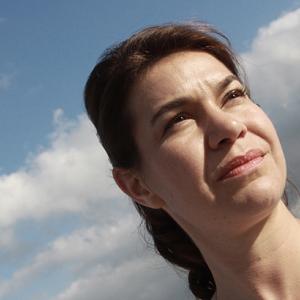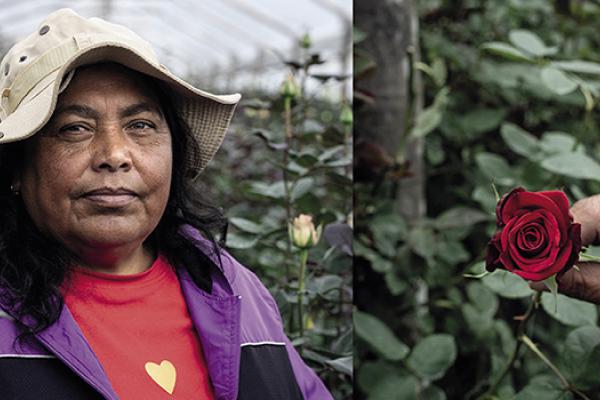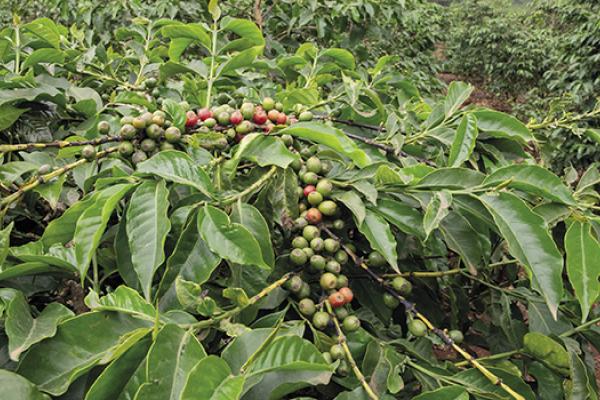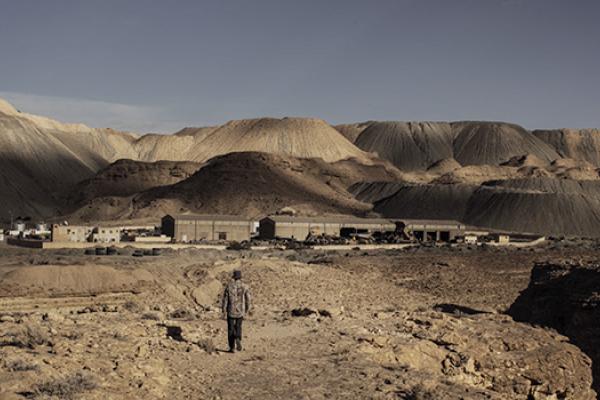Across Europe, people give flowers to mark important events like marriages, birthdays, and funerals. Many of those flowers come from Kenya. Flowers are transported in gas-guzzling jets, wrapped in single-use plastic, and arranged in toxic foam. Glyphosate, a known carcinogen, pollutes waterways, compounding existing water shortages.
Thousands of farm workers, driven by poverty, drought, and food insecurity, endure terrible conditions without adequate labour rights or union access. Women report sexual harassment and exploitation at work.
The Netherlands, the global flower industry epicentre, sells 50% of all Kenyan flowers in the European market. While European companies profit, consumers remain oblivious to the sources of their cut flowers, and workers and their communities suffer.
In this investigation, the team travelled to Lake Naivasha, Kenya’s flower-growing region, to examine the environmental and human impacts of Europe's demand for cut flowers. They collected firsthand accounts from affected workers and followed the supply chain to Aalsmeer in the Netherlands, where flowers arrive daily from Kenya before distribution across Europe.
In Kenya, the team found that flower farm workers, particularly women, are exposed to potentially hazardous pesticides without proper protective gear. Workers operate in large, temperature-controlled greenhouses where potentially harmful chemicals are sprayed.
Women shared their experiences of being forced to use unfamiliar and possibly dangerous chemicals on the flowers without any safety measures in place. Many expressed concerns about the serious health risks associated with these practices. Multiple sources confirmed these claims, which the team has documented in their reporting.
The team reported allegations of sexual harassment, unpaid overtime, poor working conditions, and lack of protective gear on some flower farms in Naivasha to both the Kenya Flower Council and the Kenya Plant Health Inspectorate Service (KEPHIS), the government agency responsible for monitoring the industry, but neither organization responded.
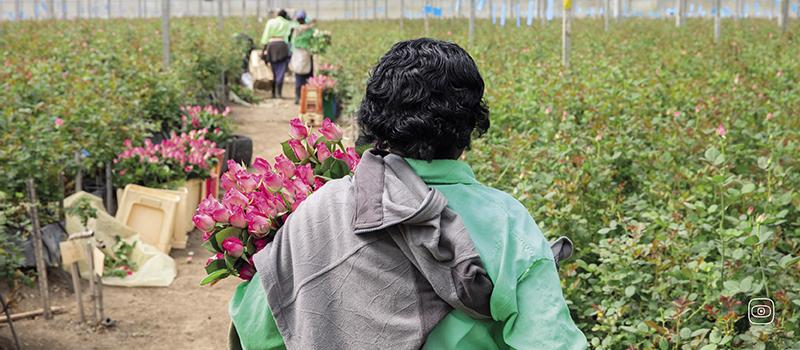
Team members
Need resources for your own investigative story?
Journalismfund Europe's flexible grants programmes enable journalists to produce relevant public interest stories with a European mind-set from international, national, and regional perspectives.
Support independent cross-border investigative journalism
We rely on your support to continue the work that we do. Make a gift of any amount today.


